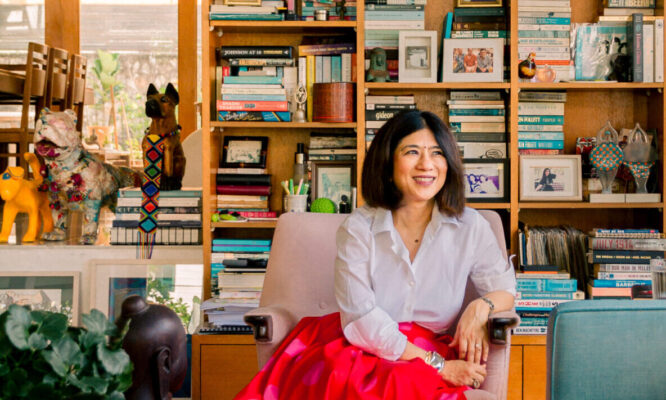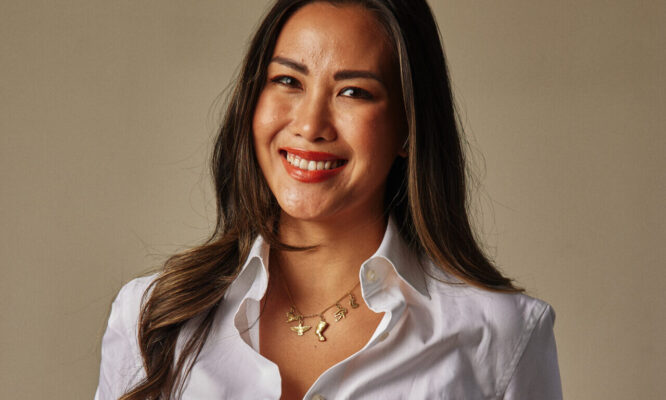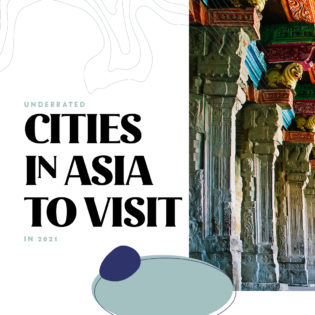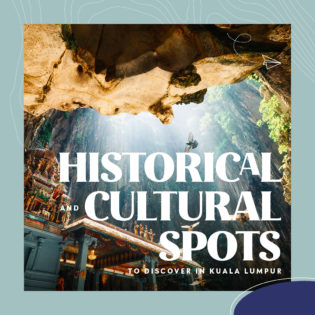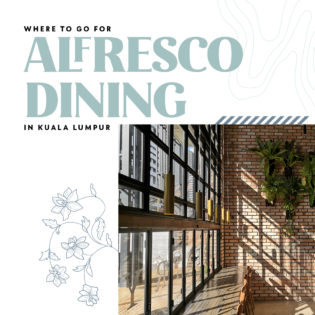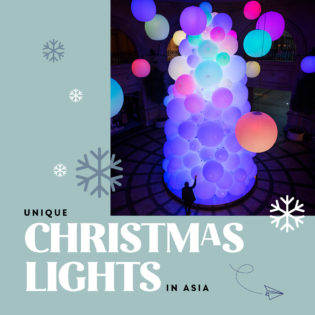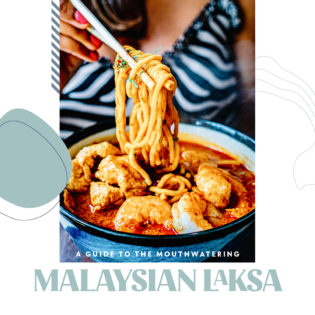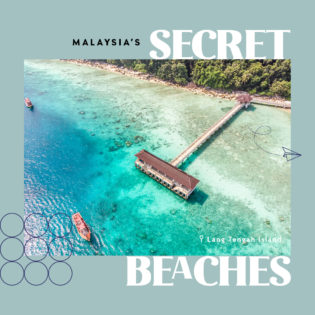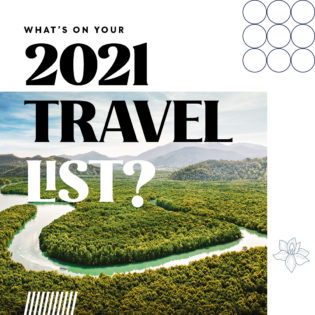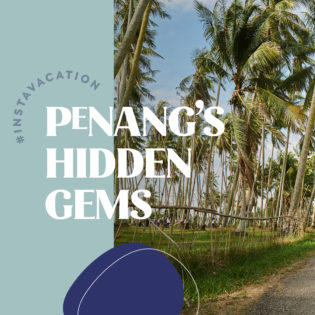The award-winning writer shares her most beloved place in Malaysia and her thoughts on the role stories play during a time of crisis
Bernice Chauly is a familiar name in Malaysia’s literary scene. The award-winning author of prose and poetry directed the George Town Literary Festival from 2011 – its inaugural year – to 2018, when it became the first Southeast Asian event to win the prestigious Literary Festival Award at The London Book Fair. During her 20-year career in the creative arts, Chauly has also worked as a photographer, filmmaker, actor and educator.
What literary enthusiasts might find surprising, however, is that Chauly only debuted as a novelist in 2017 – but what a debut it was. Once We Were There is a singular novel set during the Reformasi movement in the late ’90s, capturing sides of Malaysia rarely depicted in literature. We recently caught up with Chauly, who’s currently “self-isolating” in her Taman Tun home in Kuala Lumpur, where we discover that her #traveltomorrow list is just as expansive as her creativity. Plus – that’s right, you read it here – she’s already at work on a new book.
What books, TV shows or hobbies have kept you occupied before throughout the MCO?
Three Women by Lisa Taddeo and The Secret History by Donna Tartt – I’m re-reading the latter. I’m also watching season four of The Good Fight, which is absolutely brilliant, and doing plenty of yoga.
Was the stay-home mandate productive for your creative process?
It was difficult in the early weeks as I couldn’t comprehend the magnitude of what was happening in the world, so it was a struggle trying to express myself. But towards the end of May I stumbled upon an idea for a new book, and got very excited about the prospect of writing this story which has gradually become more real. I am in the process of researching this quite extensively, so it’s all very exciting really.
People have been turning to stories for comfort, be they books, films, TV shows or musicals. What are your hopes for Malaysian literature after this pandemic?
I have held my workshops online and my students are writing wonderful things, so that’s encouraging. I think publishing is going to be drastically altered after this – certain books may not seem relevant anymore, and publishers will be looking for books that will work in a post-pandemic world. What kind of dystopian fiction will we read? Or will it be completely escapist in nature? Will it be a yearning for the past? Or ways to understand the future?
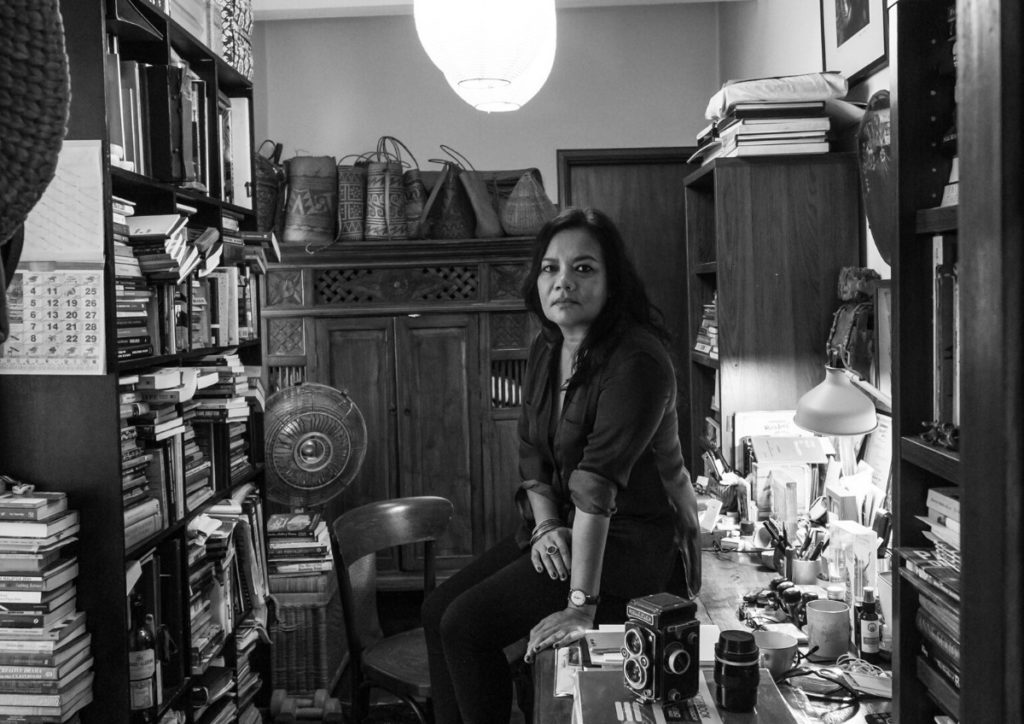
The pandemic has recently claimed a few notable KL bookstores, such as Selangor’s Reader’s Paradise. Is the future of Malaysian bookstores, particularly its brick-and-mortar ones, as bleak as it seems?
Going to a bookshop has to be an experience, it has to rise to the occasion. It’s not just walking into a room with four walls where shelves are lined with books. Readers need to be enticed to enter a bookstore, and this is the challenge I think.
But bookstores are sustained by communities who read, so it’s also up to a community to safeguard these spaces. It is not enough to love books – we have to love bookshops.
Read more: Shamini Flint: When travel is a fiction, use your imagination
And what about publishing as an industry more broadly?
There is the business of publishing and the business of selling books, which are quite different, and the pandemic has changed the face of publishing in many ways, especially so in (view) of #blacklivesmatter and the many related issues that have come to light. It’s time writers of colour were heard and read more, and the huge fractures in the publishing world have revealed biases towards certain writers.
Malaysian readers can be quite conservative when it comes to contemporary writing, so there needs to be a concerted effort on the part of local publishers to support new voices and to push the boundaries of writing in Malaysia. It’s a risky business, of course, as you want a book to succeed for all the right reasons. And bookstores are the final frontier when it comes to selling a product that has been a labour of love, which has taken years to produce.
Do you have a favourite place in Malaysia that comes to mind?
Maxwell Hill in Taiping, Perak. It’s a hill station that my parents frequented from the time I was a baby. It’s hauntingly beautiful with unspoilt virgin forests, and one of my favourite spots in the world.
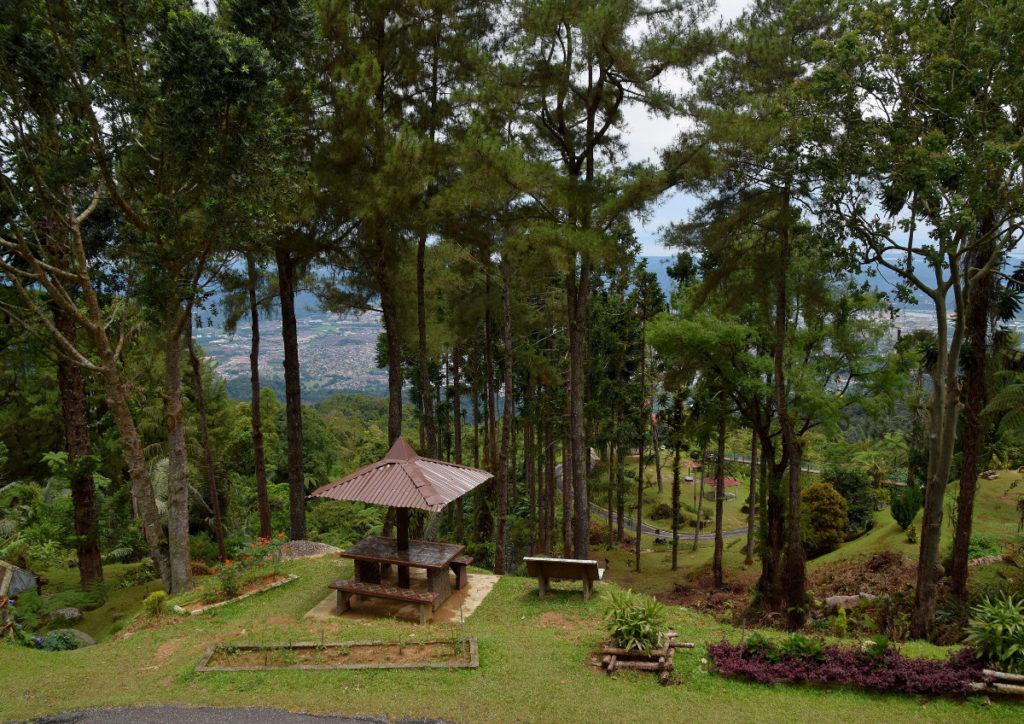
Lastly, what’s next on your travel bucket list, both in Malaysia and abroad?
South America – Mexico, Peru, Chile, Patagonia, Tierra del Fuego. Torino in Italy. As for Malaysia, Taiping, Ipoh and Maliau Basin in Sabah.
Read more: A journey through rare wildlife and ecotourism along the Kinabatangan River
